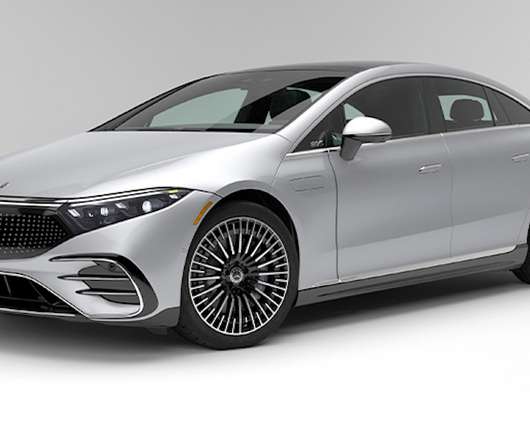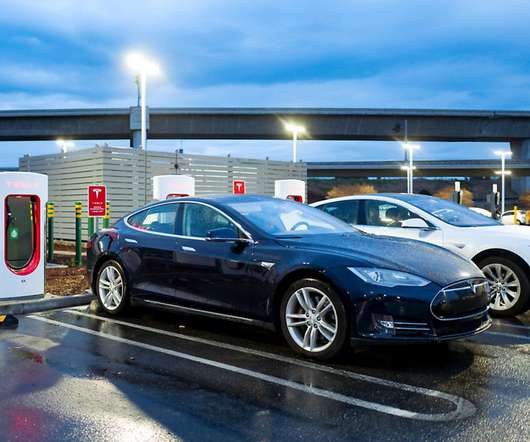List of The Best 10 Alternative Fuels for Cars that Could Replace Gasoline
Get Electric Vehicle
JUNE 5, 2023
Which are the alternative fuels for cars that could replace gasoline in vehicle? Are you aware of the most commonly used fuel in automobiles? The answer is petroleum fuels. The fossil fuels are highly significant in the global economy. Do we have enough fuels for the future use?


























Let's personalize your content